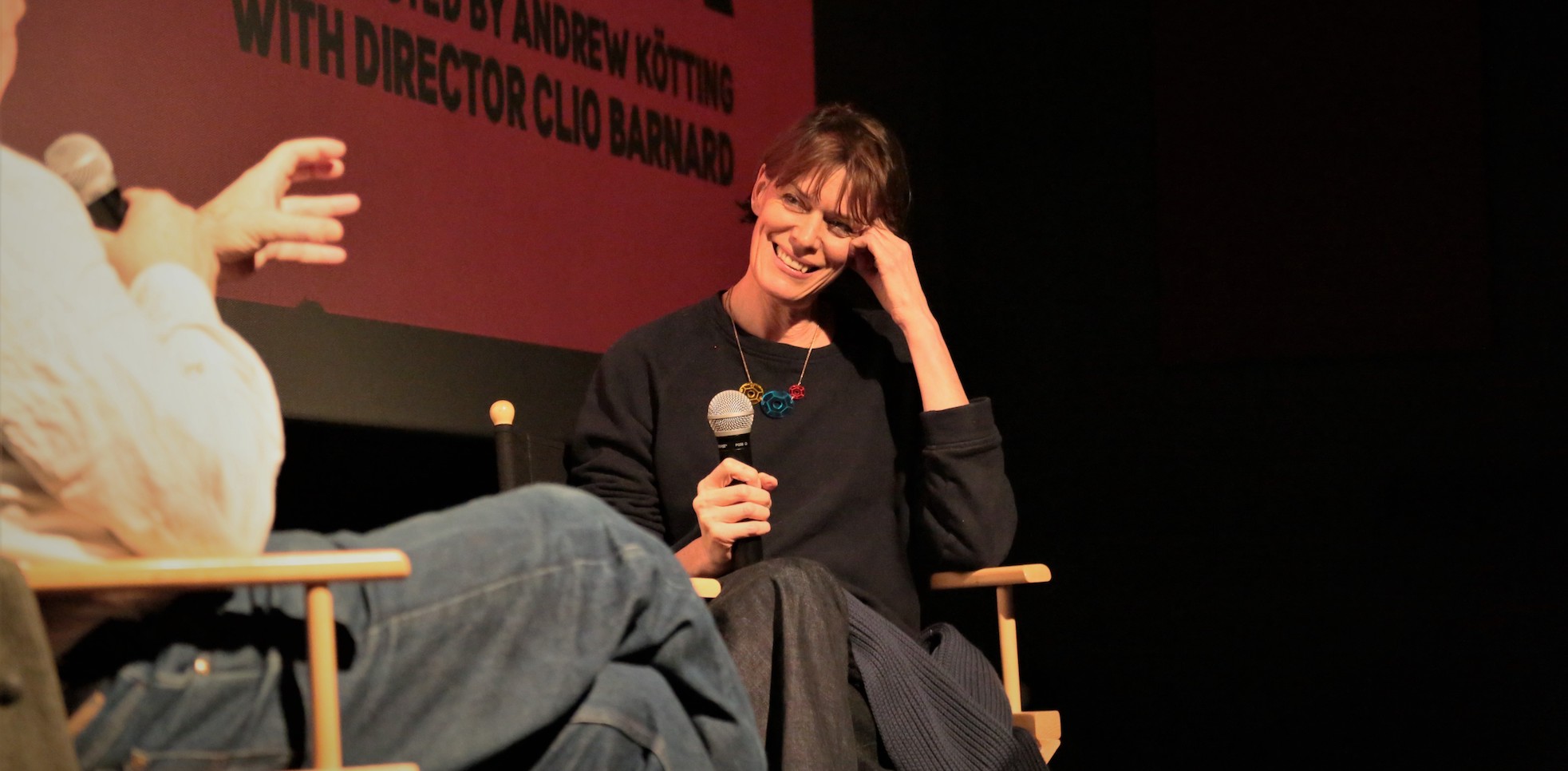Review: Australia, 12A, 165 mins
Director: Baz Lurhman
Starring: Hugh Jackman, Nicole Kidman
You may have read, heard, or seen reviews of Australia which make it out to be a wet, over-long, camp homage to Baz Luhrmann’s homeland. And you wouldn’t be entirely wrong. It seems to have been somewhat divisive with the critics, but that’s not unusual. Often the tabloids will unload sycophantic gush onto drastically cack films, whilst glossy broadsheet Sunday supplements will proceed to annihilate genuinely good films so severely that they’re subsequently ruined forever in the eyes of many impressionable readers. Australia has fallen victim to the latter.
Many film critics seem to have broached this film in utterly the wrong way, viewing it with an overly intellectual, aloof snobbery. Let it be said, Australia is no masterpiece. However, it is nonetheless a thoroughly enjoyable film, if you let it be. Try not to resist its natural current, don’t question discontinuities or scoff at every cliché you witness, just go with it. For once in fact, a relative cornucopia of clichés works fantastically well. How can you have a film entitled ‘Australia’ without bounding kangaroos, sweaty alcoholics, shamanic Aboriginal wise men, and burly bar brawls, flaming drongos and Waltzing Matildas?
Everyone familiar with his work will know that Luhrmann doesn’t do things by half. Australia is a pure, self-proclaiming, genre-spanning epic. It’s a love story, a bildungsroman, a war film, a cow film, and generally a love letter to the country. Thankfully the romance between prudent, tight-lipped Kidman’s English aristocrat and Jackman’s ripped, sweating, fighting, farting, fighting, man’s man Drover isn’t allowed to dominate the picture. In fact, the maternal love between Kidman and the beautiful young, cheeky, chappy mixed race boy, Nullah is far more engaging. To explain the plot would take too long, and possibly ruin the film. Go into it without really knowing what’s going to happen, and you’ll enjoy it twice as much.
In fact, go to see this film purely for the astounding cinematography. It is saturated with gorgeously composed, sweeping aerial views of Australia’s gargantuan yet extraordinarily handsome landscapes. The colours are so vivid as almost to look unreal. Luhrmann is incapable of filming a bad shot. The sound is thunderous as at one point we watch a herd of fifteen hundred bulls stampeding precariously along a sheer cliff edge, and later as Japanese bombers obliterate Darwin harbour – and all this is accentuated no end by the experience of a cinema. Australia is a cinema film. That may sound rather obvious, but this film was made for the cinema experience.



